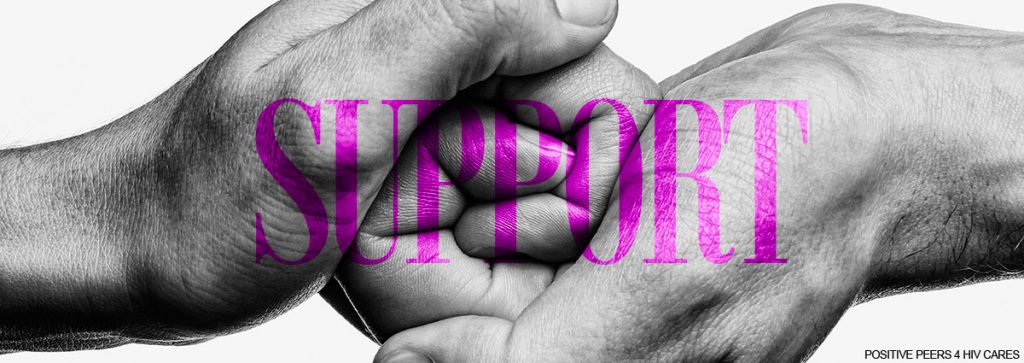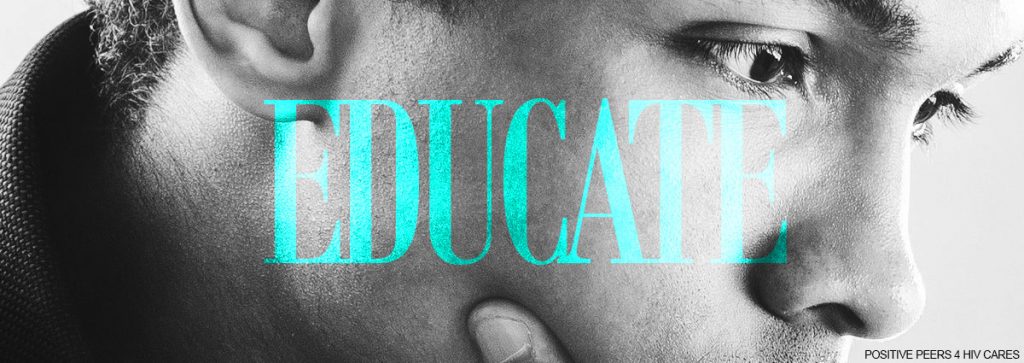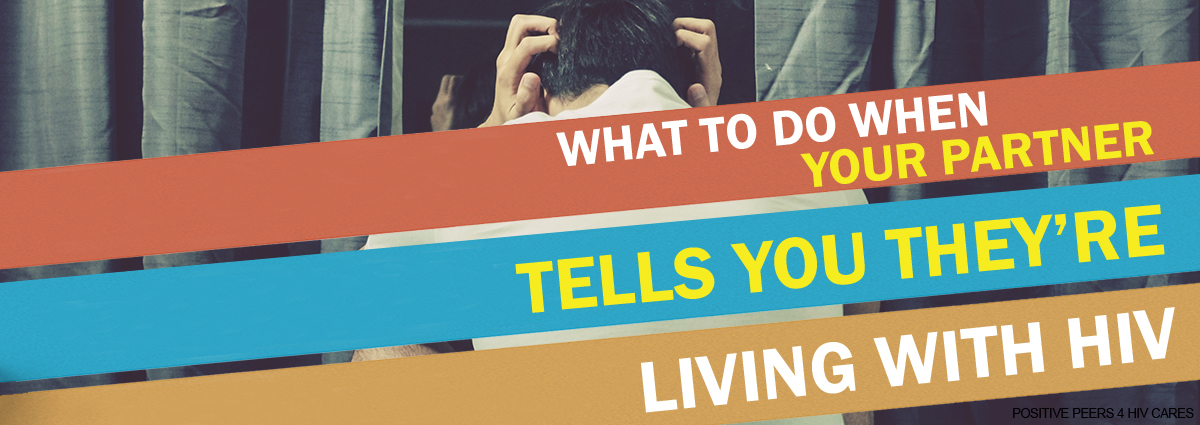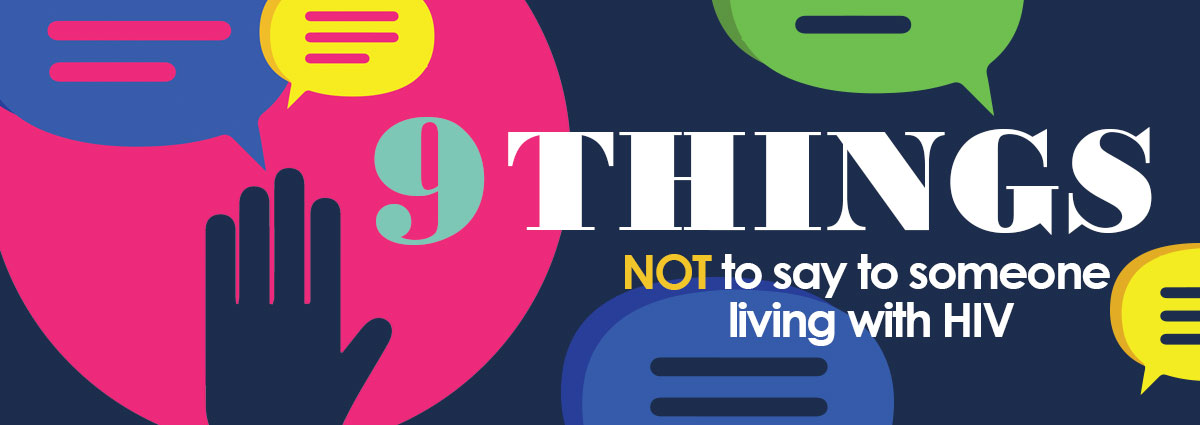
By: Jennifer McMillen Smith, MSSA, LISW-S, Division of Infectious Disease and medically reviewed by Ann Avery, Infectious Disease Physician at Metrohealth Medical Center
People living with HIV are tough and resilient.
But sometimes that self-reliance makes people want to take the whole load on themselves. A person living with HIV might not want other people involved in their business and doesn’t want their health problems to be anybody else’s problems. It’s a pretty normal initial reaction to want to keep it a secret, so it’s a big deal when someone shares their HIV status with you.
HIV can be a tough road. There are medications to remember, the occasional insurance issues, shame and social stigma, side effects (sometimes), depression — and a healthy dose of plain-old-fashioned fear.
No matter how tough someone is, nobody should have to go it alone.
So if you want to lend a hand to someone living with HIV, we encourage you to do it in a way that empowers them and doesn’t make them feel like a burden, a victim, or a charity case.
Here are four solid ways to make that happen:

1. Educate yourself
Scientists know what causes HIV — and also what doesn’t. They know the kinds of treatments that fight HIV and help people lead long, healthy lives.
Meanwhile, misconceptions about HIV cause all kinds of needless anxiety and misunderstandings. So, for starters, check out this blog full of HIV myths we published.
Next up, start tracking down websites that have trustworthy information about HIV. Some of the best ones are:
The more you know, the more you can help. Just make sure you’re going with trustworthy information from reliable sources. The world is full of rumors, suspicions, and straight up BS. None of those things help people living with HIV.

2. Listen
Pay close attention to what people say — and what they do. When you’re talking with somebody who is living with HIV, try to make sure the setting makes them comfortable and doesn’t add to any of their emotional challenges.
It’s a good idea to reassure them they can talk to you about anything, but without guilting them into sharing. It’s their business to share as they see fit.
Remember, actions speak louder than words. Whatever they say to you, they are trusting you with and we hope you don’t breathe a word of it to anybody else.
Another thing you can do is practice active listening — paying close attention to what the other person is saying and filtering out your own emotional reactions. If you’re confused, try asking questions carefully and gently to make sure you understand what’s going on. Active listening is founded on respect, compassion, focus, and non-judgment.
Unless you have HIV, it’s difficult to understand the emotional whirlwind people go through. Being an intentional listener and a reliable friend or family member to lean on is incredibly helpful.
Come join our private, stigma-free, supportive community.
Health management tools with medication & appointment reminders.
Social networking in a community conversation & private chats.
3. Encourage treatment
This is huge, but it can be an emotional minefield because this is one area where you can do a lot of good — but only if your friend or family member goes along with it.
Adherence, or sticking to something, is one of the greatest medical challenges of HIV. The meds work, but they can sometimes have side effects, cost money and time, and require people to change their life habits. If they go off their meds, they risk giving HIV a chance to mutate so that it’s harder to treat.
You can help with creative and fun reminders to take meds or offering to give them a ride to the doctor’s appointments or support group meetings.
The common thread here is being truly helpful without triggering resentment. If you’re judgmental or bossy, you might end up discouraging people from staying in treatment — the exact opposite of what you want.

4. Be good to yourself
It’s not always an easy road for people living with HIV. Aside from the infection itself, many people living with HIV are struggling with other issues like drug addiction, depression, anxiety, unemployment, homelessness, or stigma.
These challenges can cause frustration and aggravation for friends and family trying to help out their loved one, regardless of the loved one’s status.
It’s important to give yourself a rest now and then, and build a support network of your own so you can talk things over and not feel like you’re in this all alone. And we encourage you to remember to forgive yourself for not being able to fix everything. None of us can, we’re only human.
Finally, if you’re in a sexual relationship with somebody who’s living with HIV, find out all you can about PrEP and what undetectable = untransmittable means. These are both great ways to help reduce any sexual anxiety your partner may feel and give you the peace of mind to know you’re protected. The only thing we want you to worry about in bed is what position(s) you both want to try tonight. 😉
Being an anchor of support
To truly help somebody out, you have to commit yourself to doing it, and make an effort to be truly helpful. This might be accepting that people don’t always want or need help all the time. People with HIV can benefit from reassurance, moral support, companionship, and friendship. But they don’t need any guilt, judgment, or drama.
If your support helps someone to get his or her life on track and stay in treatment, you’re basically saving someone’s life. It might not always be easy, but it’ll be worth it.
Related Blogs:


